-

The Havana meeting has certainly removed, though for the time being, the chill in India and Pakistan's bilateral relations. Both Prime Minister Manmohan Singh and President Pervez Musharraf had agreed to restart the peace process that has been stalled following the July 11 terrorist strikes in Mumbai. The apprehension regarding the breakdown of the composite dialogue process has ended.
-
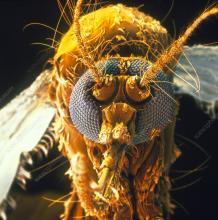
Consider this: The reputation of All India Institute of Medical Sciences (AIIMS), New Delhi, regarded a premier institute for thousands of medical and health care professionals, students and researchers, has been tarnished by a deadly dengue outbreak. How ironic it may sound, the sprawling premise, cramped with quarters and not far from an active but stagnant drain, actually serves as a haven for mosquitoes and other disease-carrying vectors.
-
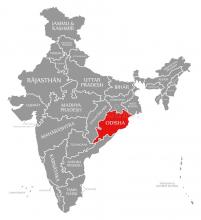
The eastern Indian state of Orissa will turn to a mass of barren and desert-like lands in another 150 years, warned Water Initiatives Orissa (WIO). This is an alarming finding considering that the world is observing this year as the year of deserts and desertification with the theme, "Let's stop dry lands from turning deserts". Desertification is a process of productivity loss of lands. When severe, it leads to permanent damage.
-
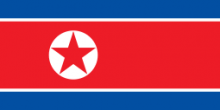
North Korea’s defiance has culminated in a seismic wave of around 4.2 in the Richter scale, but its politico-strategic ramifications are beyond calculation. The episode has provided sufficient fodder for the strategic community to interpret vividly the nomenclature of clandestine proliferation, possible actions and reactions of the stakeholders, and the current state of the global nuclear order. However, it should be understood that Pyongyang’s case is not a single phenomenon.
-
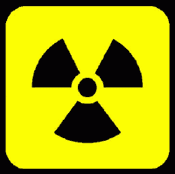
Democracy and Nuclear issues cannot go hand in hand. While civilization flourishes through public participation – a distinct principle of democracy, nuclear (as a weapon) eradicates a large number of populations when it is used. Therefore, nuclear is the antithesis of democratic principles. Any discussion on nuclear-related issues, may it be national security, the production of nuclear energy and its derivatives, is bound to be anti-democratic, which has maintained its status quo in all nuclear-capable countries around the world.
-
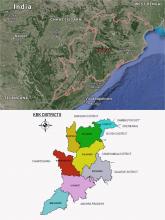
Recently during Prime Minister Dr. Manmohan Singh’s maiden visit to Orissa, once again it was re-established that the most powerful word that drives the politicians and bureaucrats in contemporary Orissa is the infamous three-letter word KBK (Kalahandi–Bolangir–Koraput). It has been more than a decade that KBK area has been showered with specially designed programmes, grants, and so many high profile visits. Unfortunately, the benefits of all these assistances are yet to reach the people of the region.
-
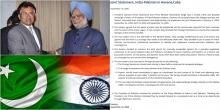
The recent Havana initiative by the Indian Prime Minister Manmohan Singh depicts a marked shift in India’s Pakistan policy. Manmohan Singh at Havana had announced on the sidelines of the NAM (Non-Aligned Movement) summit that India and Pakistan are proposing to handle the threat of terrorism jointly. This novel concept of resuming formal peace negotiations with Pakistan (frozen after 11 July Mumbai train blasts) and setting up of a joint agency to tackle terrorism appears to be an ‘atypical’ step as compared to the earlier ‘cautious’ approach.
-
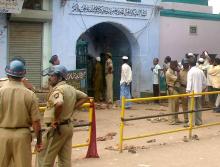
At least 37 people were killed and over a hundred injured in two powerful bomb explosions in the communal sensitive Malegaon town, located in the Nasik district of Maharashtra, on September 08. 2006. Many of those killed and injured were minors. The explosions occurred outside the Bada Kabristan (Large cemetery), a burial ground for Muslims where people gathered to offer prayers for their dead relatives on the occasion of Shab-e-Baraat (night of salvation). The second blast took place near Noorani mosque.
-
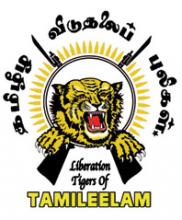
Amid mixed reports of a rebel withdrawal and relative calm, there continue to be fierce and bloody clashes on the island nation of Sri Lanka between military forces of the Sri Lankan government and the Liberation Tigers of Tamil Eelam (LTTE), commonly known as the Tamil Tigers.
-

Expert: Dr. Molly Charles, Tata Institute of Social Sciences, Mumbai.
Q.1: IS INDIA BECOMING A MAJOR TRANSIT POINT OF INTERNATIONAL ILLICIT DRUG TRADE?
Paxton ported to drupal by DropThemes.in